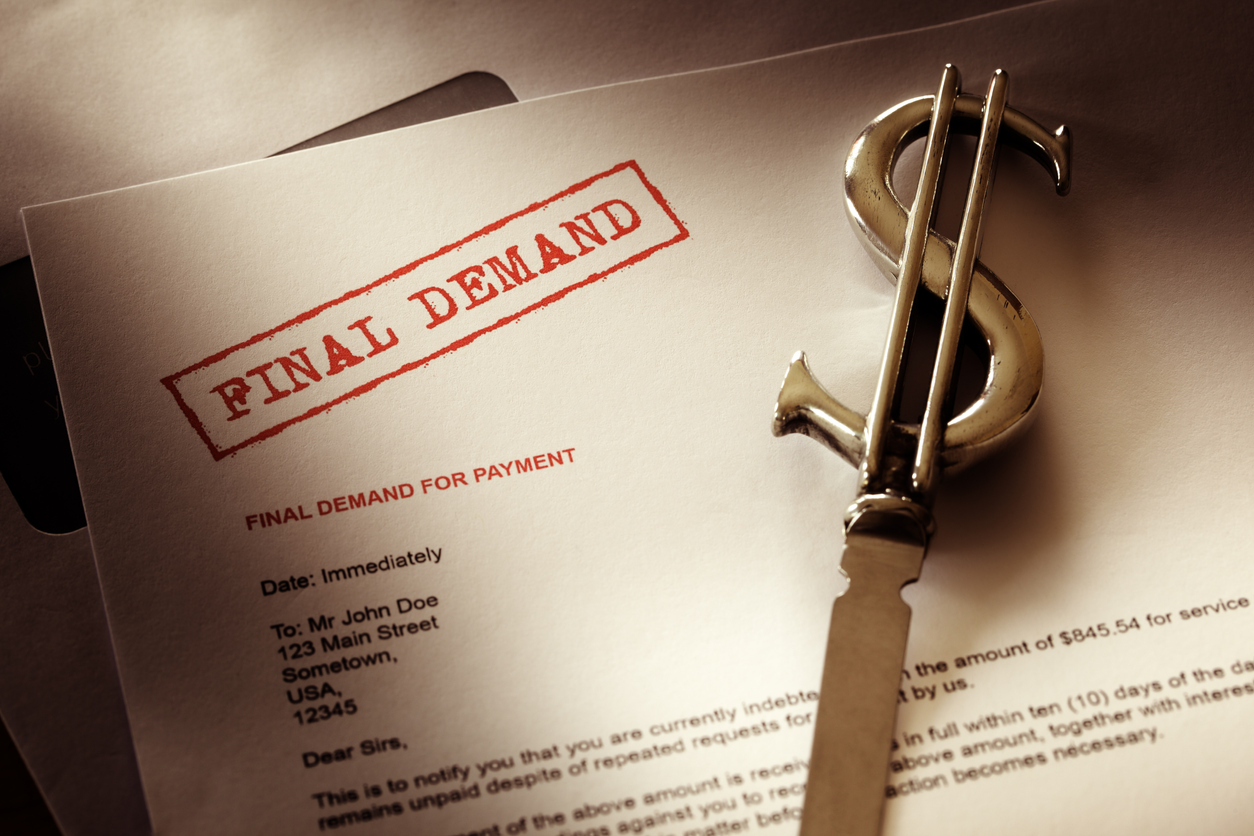If you are going through financial difficulty, you may have begun dealing with or already had extending dealings with debt collectors. Debt collectors can be persistent, to say the least. It is important, however, that you understand the rights you have to be protected from certain debt collection methods. Debt collectors, while they are certainly within their rights to make efforts to collect on what they are owed, must comply with fair debt collection practices.
What Constitutes Fair Debt Collection Practices?
The Fair Debt Collection Practices Act (FDCPA) is a federal law limiting the ways that third-party debt collectors can attempt to collect debts on behalf of another person or entity. The Federal Trade Commission (FTC) is tasked with enforcing the FDCPA which prohibits debt collectors from engaging in abusive, unfair, or deceptive collection practices. The FDCPA sets forth what limits there are on collection efforts by debt collectors and, therefore, establishes what are considered to be fair debt collection practices.
The FDCPA states that debt collectors are not permitted to contact debtors at inconvenient times. Generally speaking, this means debt collectors should not attempt contact before 8 am or after 9 pm unless otherwise arranged with the debtor. While permitted to try and reach a debtor at home or at the office, a debtor is within his or her rights to communicate, either verbally or in writing, that the collector is to stop contacting him or her at his or her place of employment and the collector is not to try to make contact at that number again.
A debtor can also stop collectors from contacting them via his or her home phone. To do this, however, the debtor must request in writing and send it to the debt collector. It is usually a wise idea to send this request via certified mail with a return receipt. The return receipt will give you proof that you sent the request and that it was received by the debt collector.
Debt collectors may attempt to contact a debtor through a variety of communication methods. This includes sending letters, making phone calls, sending emails, or even sending text messages. A debt collector may even call relatives, neighbors, or known associates of the debtor, but this is only allowed if the collector does not have the debtor’s contact information. They may contact others to try and obtain the debtor’s phone number. In contacting others, however, the debt collector is prohibited from giving any information regarding the debt. They may not even disclose that they are calling from a debt collection agency.
Within five days of contacting a debtor, a written validation notice must be sent by the debt collector. This notice must state how much is owed, as well as the name of the creditor that is owed the debt and what the person should do if the debt is not theirs. While debt collectors are permitted to use a variety of means to try and contact a debtor, they are not permitted to harass debtors. They cannot make threats of bodily harm or threats of arrest. Debt collectors cannot threaten to sue a debtor unless there is a set intention to take the debtor to court. Debt collectors cannot lie nor can they use profane language in their attempts to collect on a debt.
San Francisco Bankruptcy Attorneys
Are you struggling with debt and debt collectors? Know your rights. You may also want to consider bankruptcy as a way to get you out from under your debt. Once bankruptcy is filed, debt collection efforts stop. Regal Tax & Law Group, P.C. is here to help. Contact us today.

